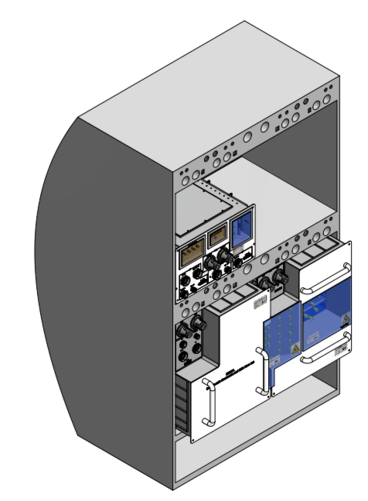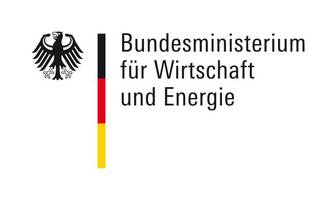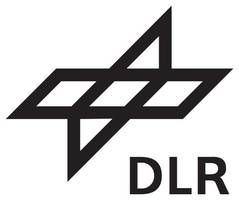Bose Einstein Condensates & Cold Atoms Lab

BECCAL (Bose Einstein Condensates & Cold Atoms Lab) will be a multi-user facility capable of performing experiments with cold atoms and Bose Einstein Condensates aboard the International Space Station (ISS). BECCAL is developed in a bilateral cooperation between the German Aerospace Center (DLR) and National Aeronautics and Space Administration (NASA). It is aiming for a launch in 2025. The facility shall be open to experiment proposals of American and German scientist.
Ever since the experimental realization of a Bose-Einstein condensate in 1995 ultra-cold atoms have developed to become one of the most viable and exciting areas of research. One branch of experimental investigation is concerned with employing atom interferometers to probe fundamental physics. Atom interferometers use the wave-nature of atoms to perform ultra-precise measurements. Optical gratings produce the diffraction gratings for the previously cooled atoms. Atom interferometers are very sensitive to accelerations and are therefore often employed as quantum sensors to probe gravitational fields. Using different species within the atom interferometer, fundamental phenomena, such as the equivalence principle are accessible.
Earth-bound laboratory experiments are strongly affected by the gravitational field. Using an upwards accelerated cloud of atoms opens the field to gravitational probes. However, the free evolution time in these experiments is very limited. Achieving high-precision measurements, and thereby using the full potential of atom interferometers, requires microgravity environments. At ZARM predecessor experiments have been opperated in the drop tower or on sounding rockets within the QUANTUS project.
To further enlarge the time of free evolution and increase statistics as well as sensitivity in the experiments, the experimental apparatus needs to remain in microgravity conditions for longer times. This can be achieved by mounting it on board of a satellite or the international space station (ISS). BECCAL is a multi-user facility, which shall be operated as part of a bilateral cooperation between DLR and NASA abord the ISS aiming for a start in 2025. The facility shall be open to experiment proposals of American and German scientist.
ZARM is responsible for the (systems) engineering aspects of the payload. As such a thermal control system as well as structural parts will be developed using heritage from the MAIUS payload design. Moreover the Interfaces between the three mayor payload segments and towards the ISS will be defined and controlled.
This project is currently funded by the DLR Institute of Quantum Technologies and has been supported in Phase-I by the German Space Agency DLR with funds provided by the Federal Ministry for Economic Affairs and Energy (BMWi) under grant number 50WP1701.




 "
"